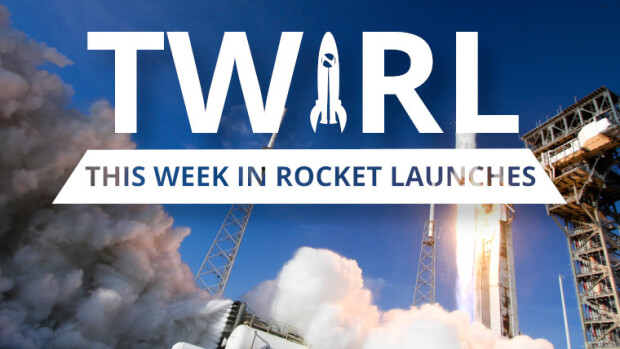Samsung announced the beginning of mass production of its 9th-generation V-NAND memory chips. They are 50% denser than the previous generation and offer up to 33% input/output speed increase.
Pcie 5.0 ssd RSS
MSI has announced its new flagship solid-state drive, the SPATIUM M580 SSD. Available in three storage configurations and a massive heatsink, this SSD promises speeds of up to 14.6GBps
Sabrent has announced a new flagship M2 solid-state drive. The Rocket 5 is a PCIe Gen 5 drive with speeds reaching up to 14Gbps. It also comes with an optional radiator and a 20mm fan.
As warned earlier, PCIe Gen5 NVMe SSDs, although really fast, are suffering from massive thermal control issues. Like others, Gen5 drives from Seagate are thermal throttling, and shutting down too.
The adoption of PCIe 5.0 SSDs could finally take off with the launch of upcoming Ryzen 7000 and Intel 13th Gen processors. However, not all PCIe Gen5 SSDs are made equal as some models are slower.
Gigabyte has launched today its new Gen5 10000 NVMe SSD. This next-gen product delivers 10GB/s or over 10,000MB/s of write speed, hence justifying its name. However, older platforms won't support it.
Samsung announced today its new Memory-semantic SSDs. These new SSDs are based on the CXL interface standard and promise to offer up to 20x or 1900% improvement in random reads, and more.
Active cooling could become the norm for the upcoming PCIe Gen5 NVMe SSDs according to storage controller maker Phison. That may not be enough for long as next-gen connectors are also in works.
Memory and storage maker ADATA will show off a couple of sample PCIe 5.0-based NVMe SSDs at the upcoming CES 2022 event. These drives, the company claims, could read at speeds of up to 14GB/s.















_medium.jpg)








